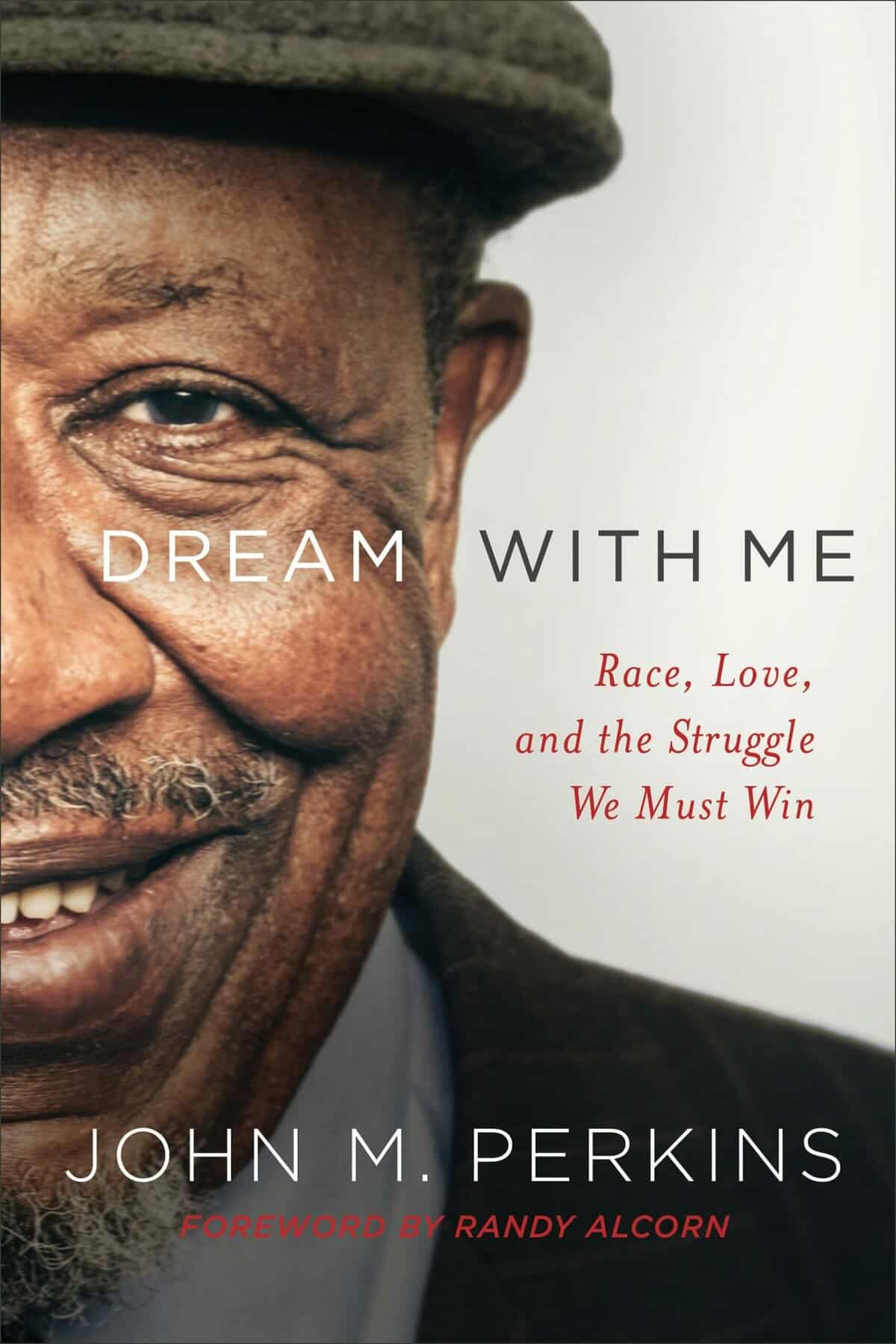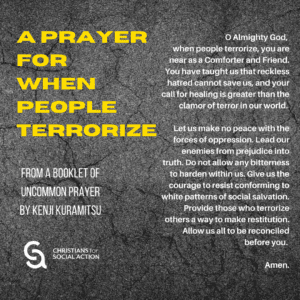
Sometimes I look at the Bible and think all God is about is justice: “For the Lord loves justice” (Psalm 37:28); “I know that the Lord secures justice for the poor and upholds the cause of the needy” (Psalm 140:12); “For the Lord is a God of justice” (Isaiah 30:18); “What does the Lord require of you but to do justice, to love kindness, and to walk humbly with your God?” (Micah 6:8). Clearly, justice matters to God. But what does it look like? When we talk about justice, what do we really mean?
Justice is an economic and stewardship issue. When Psalm 24:1 says, “The earth is the Lord’s, and everything in it,” that’s a justice statement. The way we utilize the resources we’ve been given determines whether we are being just.
In many ways, black theology and white theology in churches in America have been like two sides of a coin when it comes to thinking about justice and redemption. To put it in very general terms, white theology (especially white evangelical theology) has tended to focus on the personal side of redemption. Emphasis has been placed on evangelism, salvation, and individual spiritual growth and holiness—with the Bible being regarded as a devotional book that inspires believers individually. This focus is terribly important, of course, because it highlights the relationships between people and God. It also recognizes a crucial and painful truth about justice: apart from the blood of Christ, justice is bad news for sinful human beings. At least it’s bad news if we’re talking about the type of justice that demands that a penalty be paid when a wrong is done.
Black theology has a very different take on both redemption and justice, in part because much of it has been developed in response to white oppression. In terms of redemption—or liberation—black theology builds on the “Let my people go!” model of Moses. It celebrates God’s history of delivering His people from slavery and oppression and regards redemption as communal as well as individual. As black Christians, we almost always see religion as something that uplifts people, and the Bible is considered a textbook for living. Black theology doesn’t specify that blacks and whites should be separate, but sadly it has turned out that way.
Black theology has a very different take on both redemption and justice, in part because much of it has been developed in response to white oppression.
We never should have needed or wanted black theology. If the church in America more generally had arrived at a theology that included an increased understanding of God’s redemptive work, we all would be better off. White theology, however, has a serious problem: because the church added “racial” to reconciliation as part of the gospel in an effort to accommodate racism, the stream was poisoned. Even today, many church leaders maintain that it is inappropriate or even evil to organize their congregations to get them to protest injustice. Thus, the struggle to understand biblical truth about justice and redemption continues.
Black theology is alien to most white people—and if they hear a little bit of it in a negative context or out of context, they’re likely to have a serious problem with it. Racism creates anger. Because of the blatant racism of the past and its common occurrence today, many white Christians do just enough social good in the black community to salve their consciences while maintaining imperialistic theology.
They do just enough to get by without repentance.
This tension became quite apparent in regard to the riots that took place in Ferguson, Missouri, after a white police officer shot and killed an unarmed black man. The white community sees the reaction of the black community and thinks it is too strong, too violent, and too much. But we in the black community feel we have been oppressed too long and that the changes boasted are, in reality, a far cry from the rhetoric and the legislation. So, of course, we tend to react strongly. Both sides are yelling too loudly to listen to one another. We have accommodated the racism and the segregation in society for so long that we have lost our ability to hear or understand one another. We remain aloof, each failing to relate to the agony of the other’s pain and both adamantly resisting what God requires: repentance and forgiveness. Without these things, everyone forfeits the cleansing blood of Jesus to mend the past and current hurts. Our efforts to be in right relationship with God and in sincere fellowship with one another are crippled.
Many white Christians do just enough social good in the black community to salve their consciences while maintaining imperialistic theology.
“All have sinned and fall short of the glory of God” (Romans 3:23), and in America it’s pretty safe to say that blacks and whites and the other ethnic groups represented have all sinned against one another. So all parties need to repent, and all parties need to forgive. This is the only way out of the hostility and division we have long accommodated in many different kinds of churches.
Besides having a different focus when it comes to redemption, black theology also has a different—or at least another—emphasis when it comes to justice. Old Testament justice laws aren’t just about punishing sin; they’re also about preventing oppression. They’re about making sure that each person in the community is cared for and given an opportunity to flourish. Instructions about gleaning (see Leviticus 23:22) and the year of Jubilee (see Leviticus 25:8–55), for instance, demonstrate God’s desire that the poor should have ways to feed themselves and chances to get out from under debilitating debt. We often refer to this type of justice as social justice, and this is something that has been important to the black church in America.
Something I’m sensing now, though—something that gives me a great deal of hope and joy—is a growing commitment to social justice among evangelical Christians. For hundreds of years, slavery and the legacy of slavery kept justice from being a functioning part of many churches, but I can see things changing now. We haven’t quite gotten to the place yet where we fully grasp how justice is the very foundation of God’s intentions for the world, but good things are happening.
John Perkins is one of the leading evangelical voices to come out of the American civil rights movement. He is the cofounder of the Christian Community Development Association and director of the John and Vera Mae Perkins Foundation for Reconciliation, Justice, and Christian Community Development in Jackson, Mississippi. Called “a prophet to the white church in America” by Christianity Today Magazine, he is also an internationally known speaker and teacher. He is the author of many books, including Let Justice Roll Down, named by Christianity Today as one of the top fifty books that have shaped evangelicals. He has been the recipient of thirteen honorary doctorates, and in 2004 Seattle Pacific University founded the John Perkins Center for Reconciliation, Leadership Training, and Community Development to shape next-generation leaders. Recent books by John include Do All Lives Matter? The Issue We Can No Longer Ignore and the Solutions We All Long For, co-authored with Wayne Gordon; and Dream with Me: Race, Love, and the Struggle We Must Win, from which this excerpt is taken. Used with permission from Baker Books.


